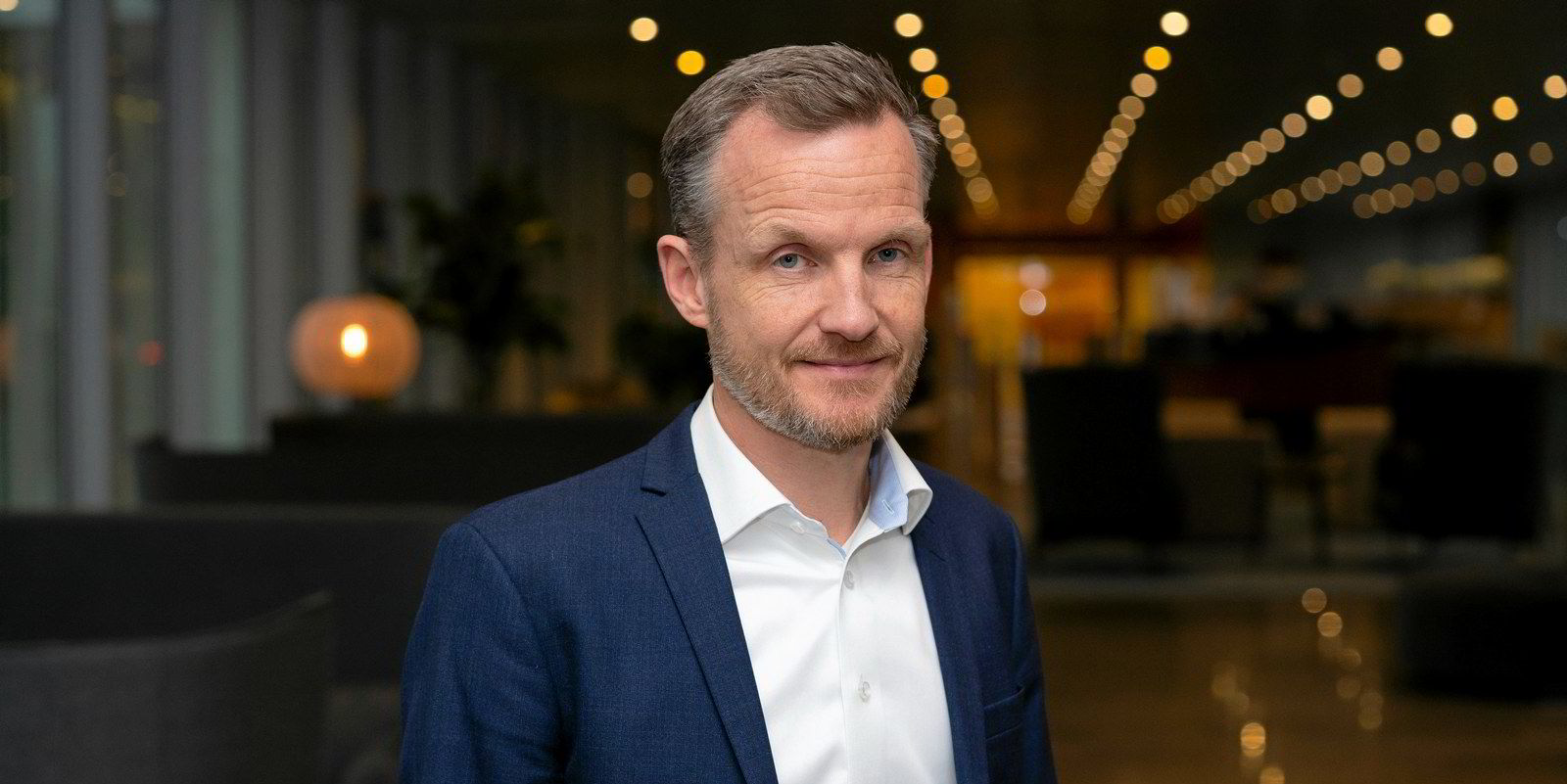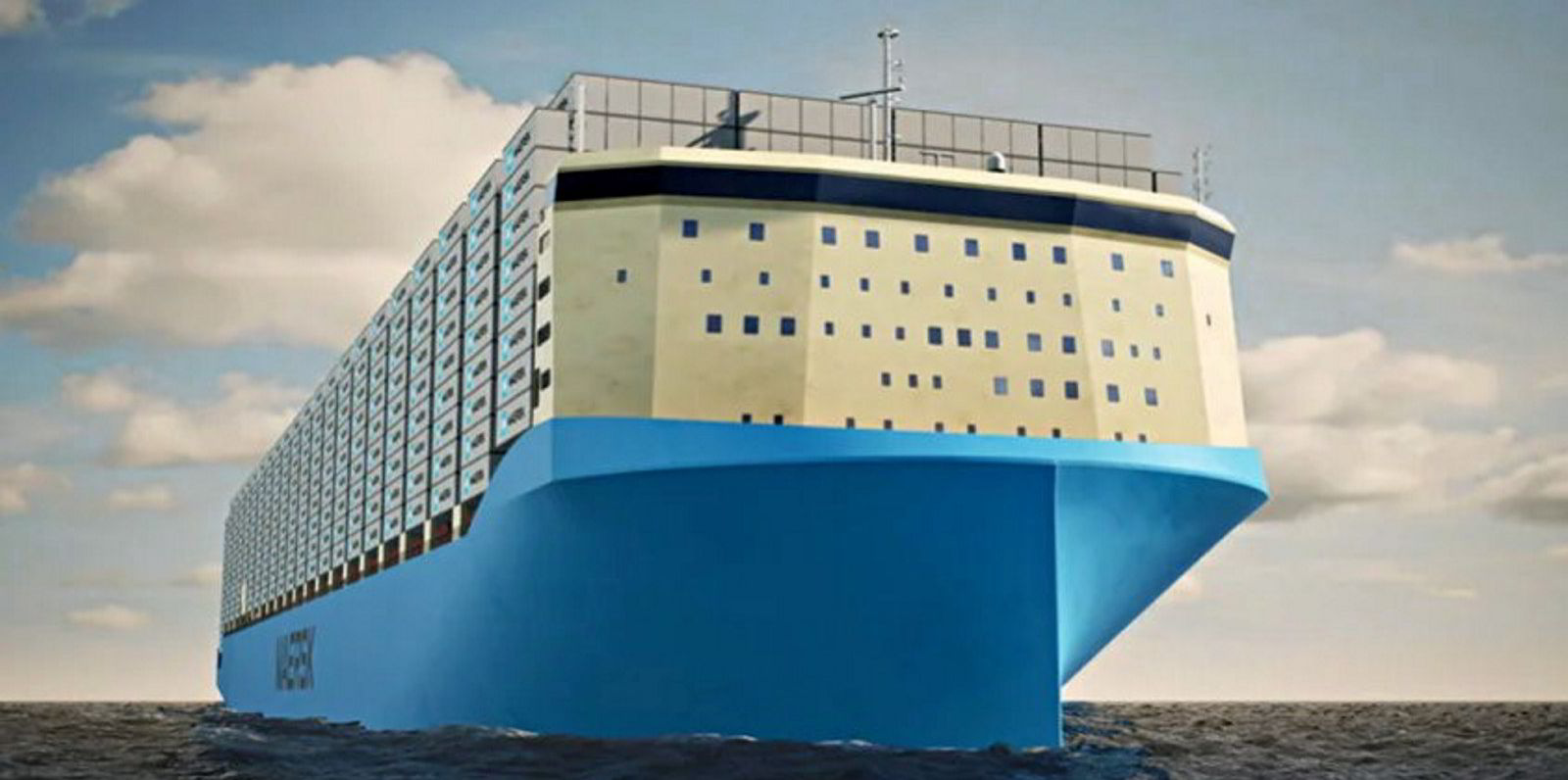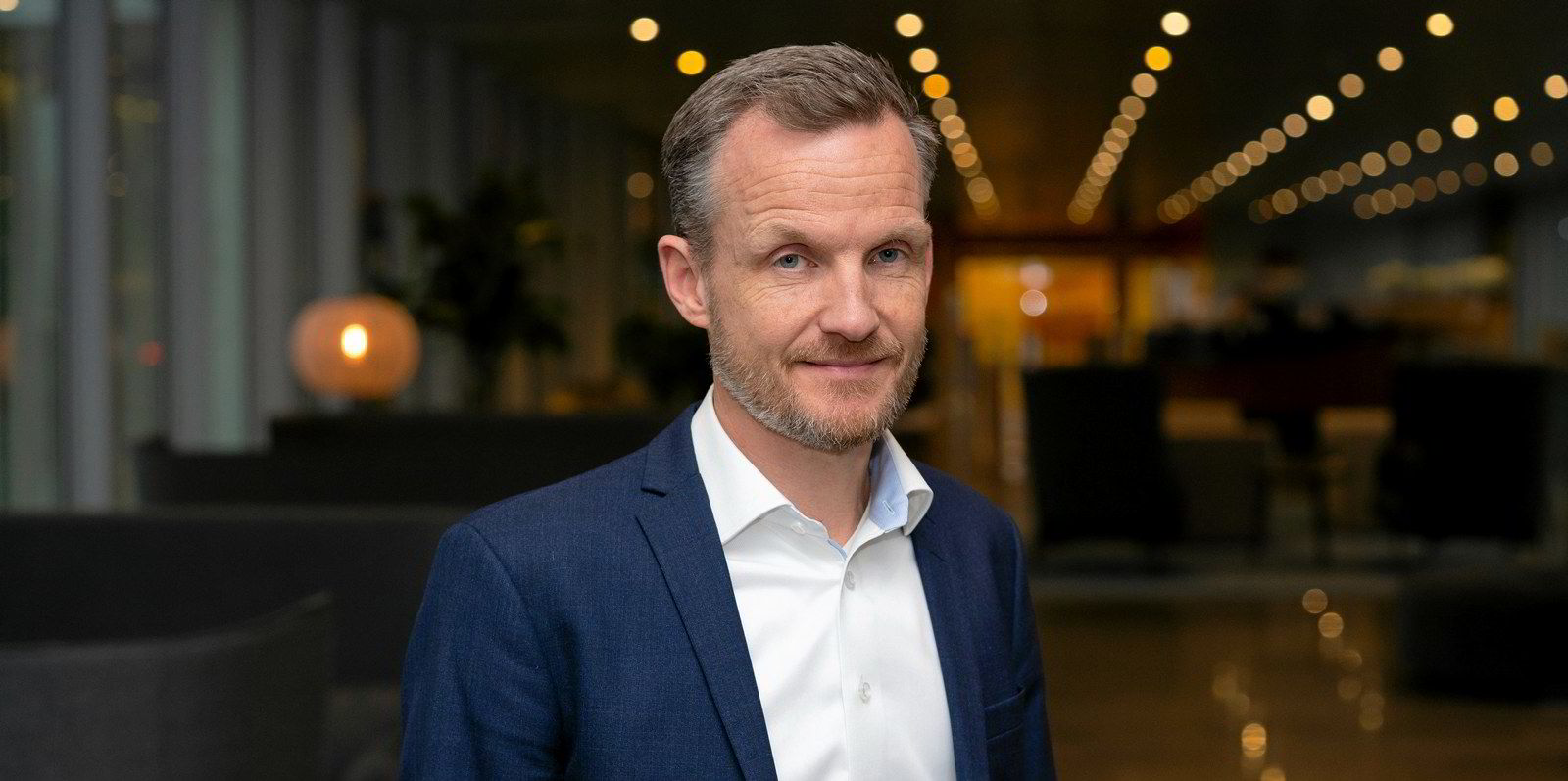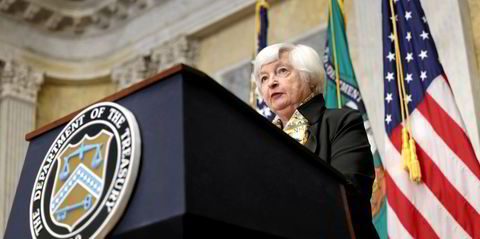AP Moller-Maersk will deploy "crisis" measures to hit its target of reaching net-zero greenhouse gas emissions by 2040, according to head of decarbonisation Morten Bo Christiansen.
He believes the Danish giant can achieve its target of bringing forward its zero-carbon goal by a whole decade by treating the decarbonisation issue as an "emergency".
"We have realised this problem is for real and it's only getting worse," Christiansen told TradeWinds.
"And we are, as an industry and as a company, part of the problem, so we must be part of the solution. We have an obligation to do that both to society and to customers."
Christiansen said Maersk had learned a lot in the four years since 2018, when it first unveiled its vision to be net zero by 2050.
"Back then, we didn't know how to do it, we just felt we had to," he said. "But we have worked a lot on this and one year ago we decided we should do it as fast as we can.
"We concluded that if we go all-in, if we treat this as the crisis that it is — and it's an emergency — we can actually be done by 2040.
"That's going to be quite challenging, but it's possible."
Timeline possible
Maersk has also set near-term targets towards progress on curbing direct emissions by 2030.
These have been applauded by Ship It Zero coalition members Stand.earth and Pacific Environment, despite their concerns that the goals rely on offsets.
Dawny'all Heydari, campaign lead for Ship It Zero, said Maersk had shown "that a dramatically faster zero-emission timeline for the global shipping industry is possible".
The US lobby group wants major cargo customers such as Amazon, Target, Walmart and Ikea to meet clean shipping goals this decade.
In the longer term, Christiansen said Maersk will explore the use of different fuels to attain its emissions target.
"By 2040, we can transition our fleet to a mix of green methanol, green ammonia and some conventional engines using either biodiesel or synthetic diesel," he said.
"It will require some retrofitting, but that can be done as well."
The company is already the leading proponent of methanol fuel, with orders for 12 dual-fuelled, neo-panamax container ships at South Korea's Hyundai Heavy Industries.
"The thing about methanol is you can retrofit existing vessels at a reasonable cost," Christiansen said. "That's a huge advantage. It means even if you have a brand new ship, you can retrofit. You cannot retrofit to sail on ammonia, that would be very expensive."
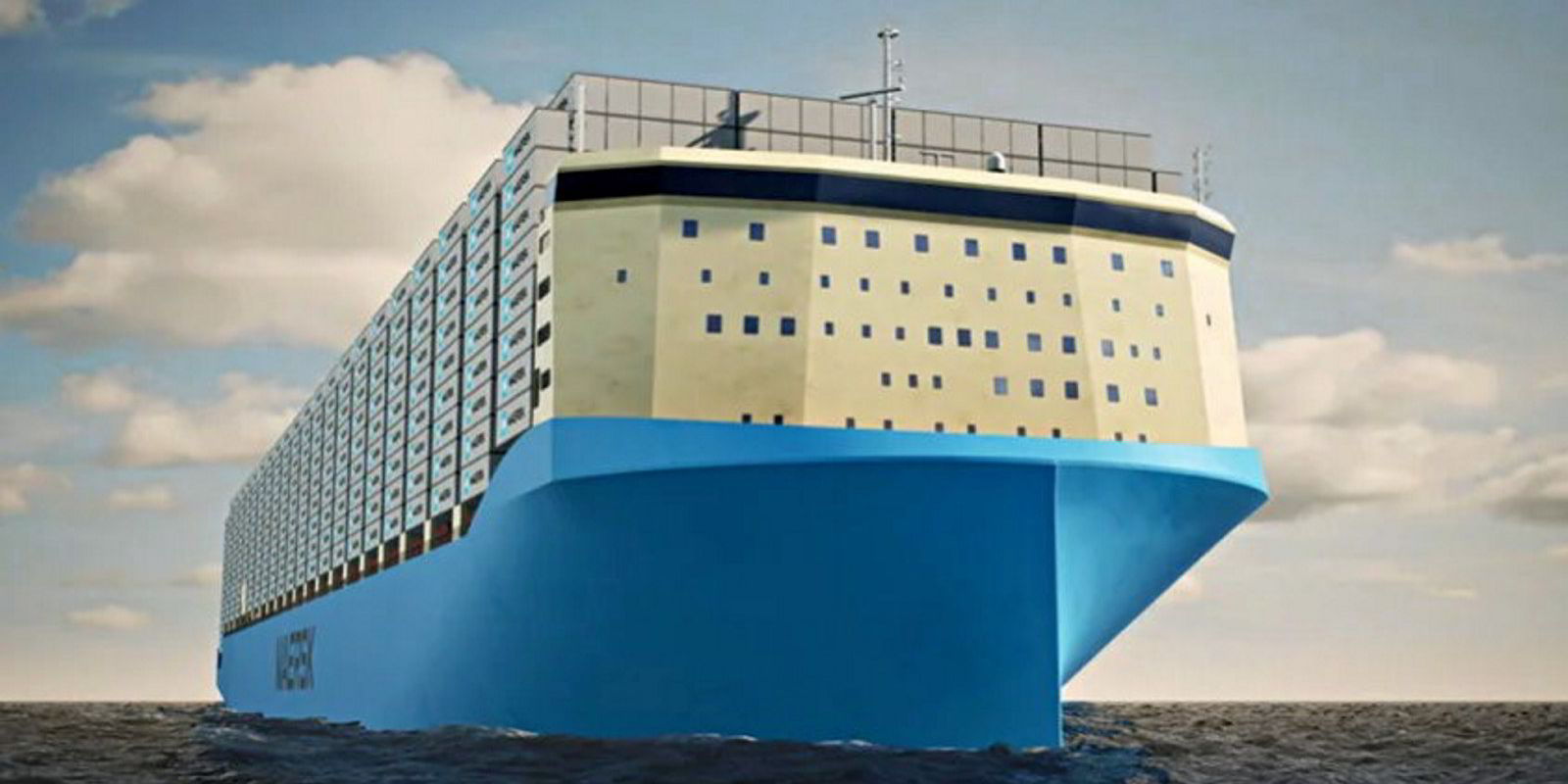
Christiansen said Maersk has been encouraged to accelerate its green targets from shippers, even if there is a higher costs to be considered.
"There will be a green premium to the customers, but certainly for a period we don't expect that we can recoup the entire cost that we incur, so we will shoulder some or that," he said.
Christiansen added that emissions produced by the logistics industry were not sustainable.
"If we do not solve this problem for our customers, they're going to find other solutions that do not involve global supply chains," he said.
